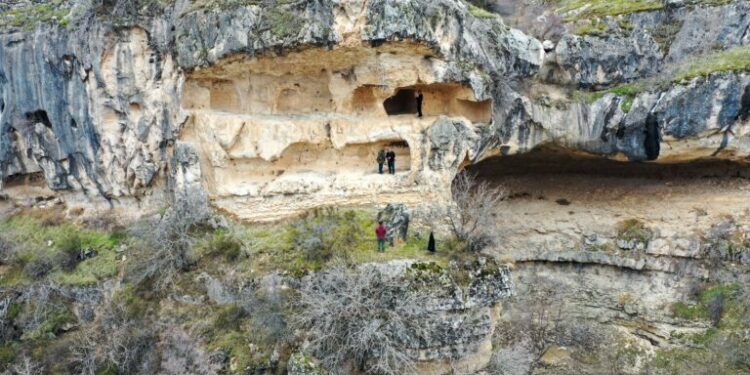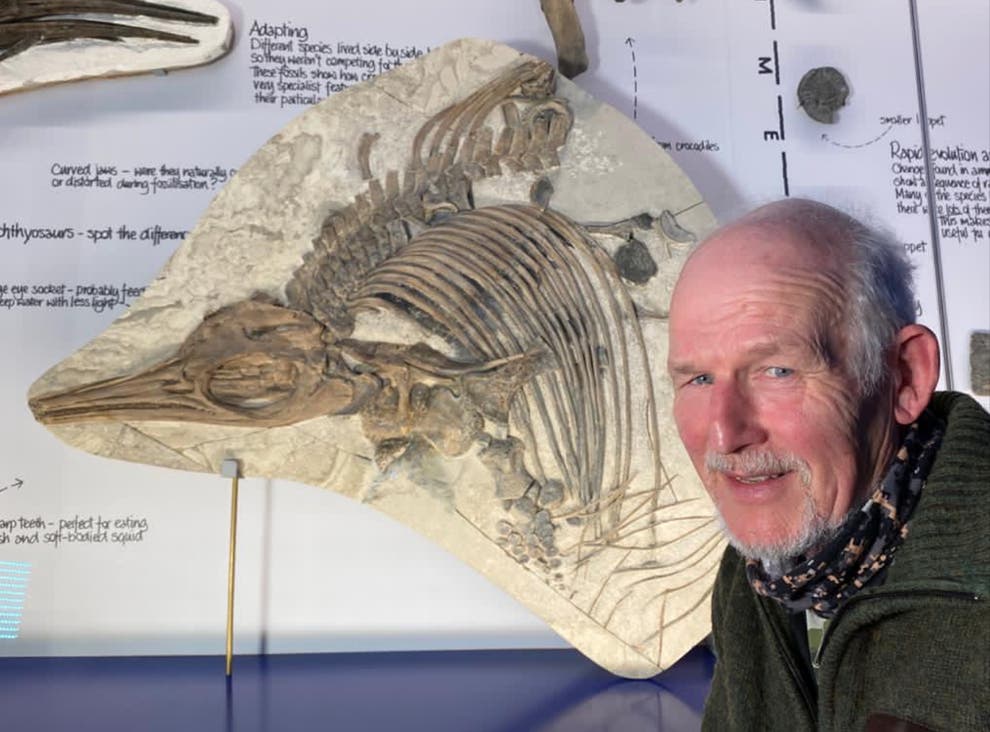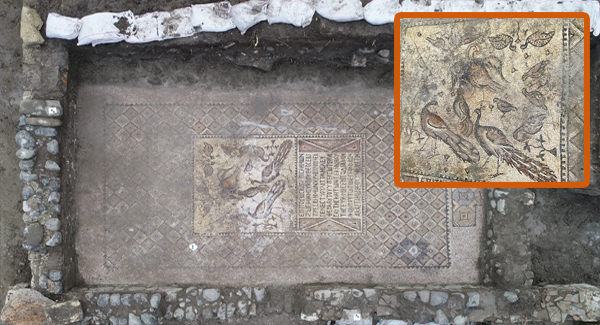In a valley in eastern Turkey, scholars have uncovered 1,800-year-old Roman remains.
Ismail Aytac, an education professor at Firat University and the head of the Harput Castle excavation team, discovered the valley in Elazig’s Agin district, which scholars had not documented previously, harbors dated back 1,800 years.
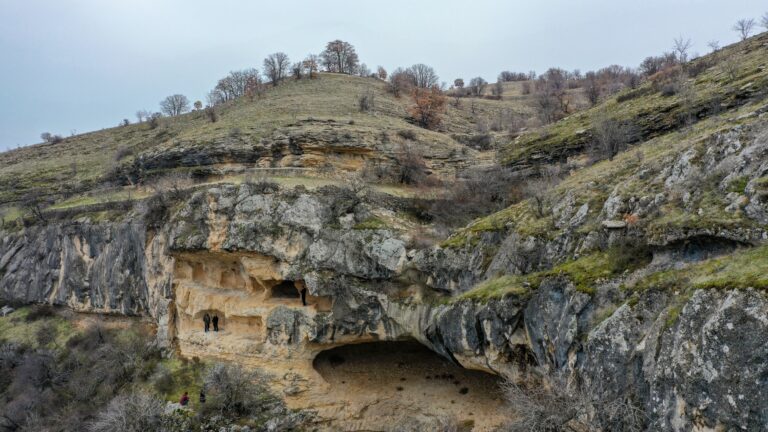
He told Anadolu Agency that the region, which includes the Euphrates River, has hosted many civilizations since the Paleolithic Age, and that archaeological studies conducted as part of the Keban Dam rescue excavations revealed traces of a settlement dating back to 6,000 B.C.
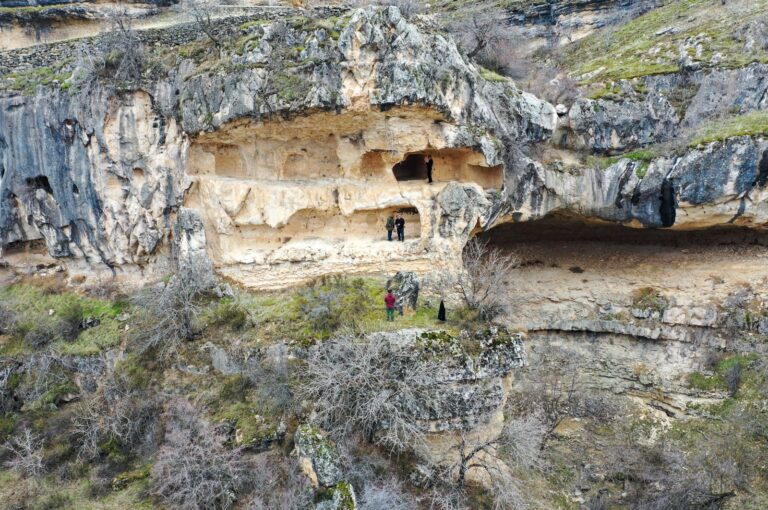
According to Aytac, the valley offers a tour to the Saklikapi, Karaleylek, and Gungormez canyons recently discovered in Elazig.
The ancient ruins in and around the valley demonstrate that the area was once a significant settlement.
“There are many artificial residential areas besides this natural structure.” As a result, we’re talking about the suitable area to create a multi-purpose destination for tourism.”

